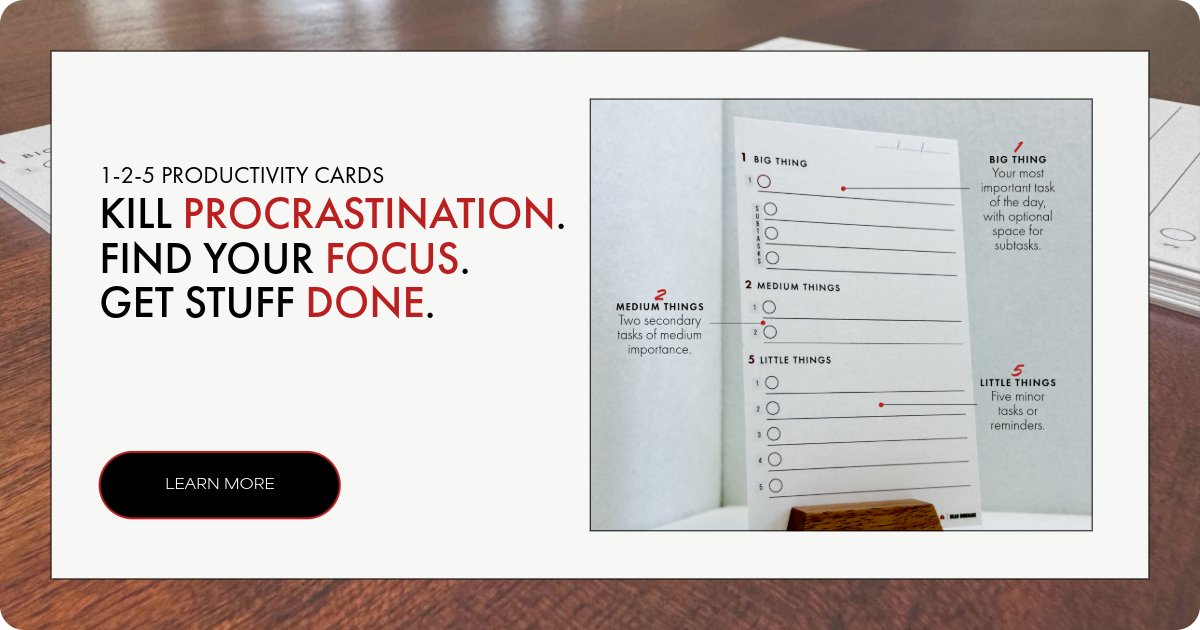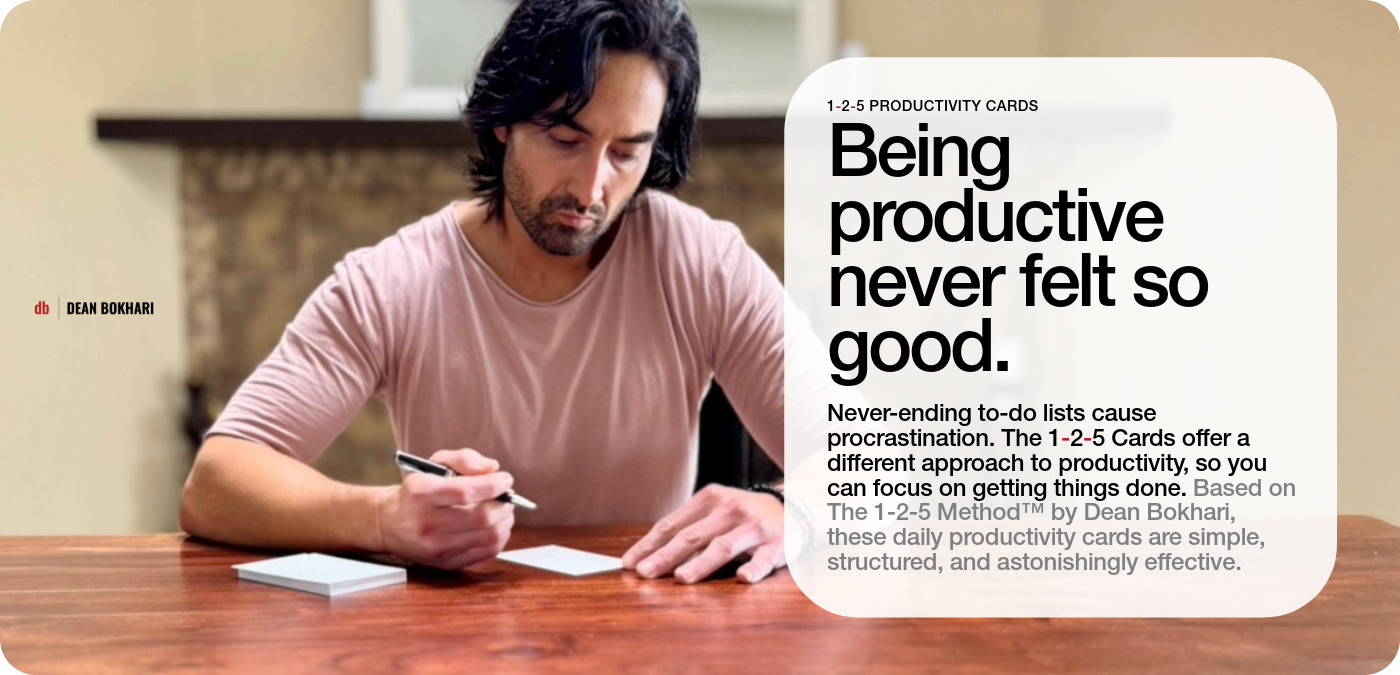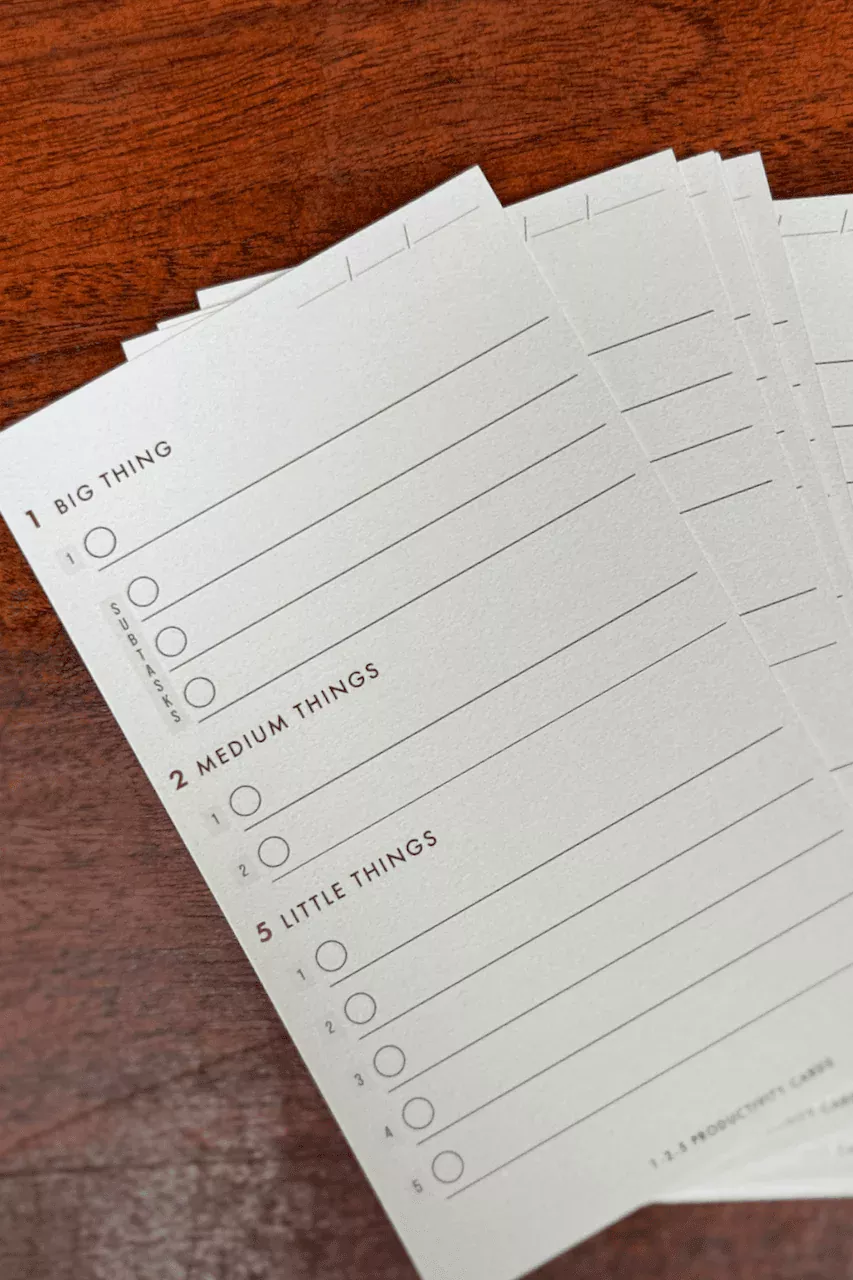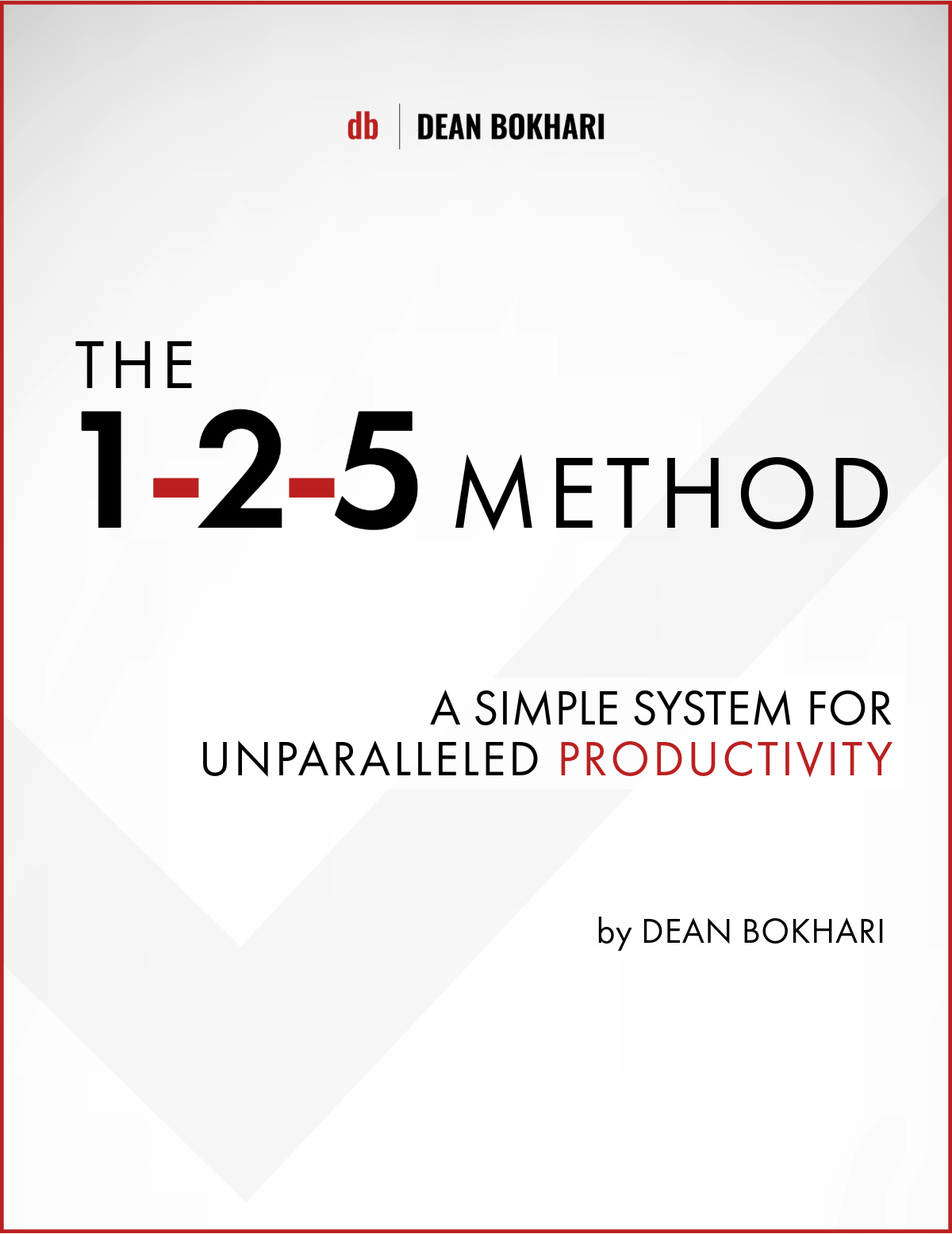Life After Injury: Why
Adjusting Your Goals May Be the Key to Mental Healing
Contributed by Beth Rush
Healing after an injury, especially if you’re
a very active person, isn’t just a physical exercise. It’s a mental one, too.
An injury that prevents you from participating in your favorite activities
could leave you feeling sad or depressed, especially if you’re facing a long
recovery time. It’s easy to fall into the trap of pushing yourself before
you’re fully healed and reinjuring yourself – or making the initial injury even
worse.
Recovery is as much a mental game as a physical one, meaning it’s worth knowing how being injured affects mental health. How could adjusting your goals support mental healing?
Pinpointing the Cause
Immediately after an injury, it’s normal to feel sad, angry, or frustrated, but as you heal, you may find those feelings growing rather than fading away. There’s a biological precedent behind it. If you can’t work out as often as you would usually, you’ll experience a significant drop in endorphins. Without these feel-good chemicals, you may find it more challenging to maintain your mental state.
You may also start feeling isolated, especially if you exercise with friends or are worried that you might start gaining weight because you can’t keep up with the same level of activity. These feelings are normal, but allowing them to overwhelm you can lengthen the healing time and make it more challenging to recover from your injury.
Understand Your Injury
Before you can start adjusting your goals, you need to better understand the extent of your injury. Not everything needs to be a catastrophic open or compound fracture to put you on the bench for a while. Stress fractures are common for athletes and can happen when a bone endures continual repetitive stress.
Don’t try to push through the pain or tough it out. Left untreated, something like a stress fracture can worsen over time, causing pain, swelling, and damage to the bone itself. The human body has a remarkable ability to heal itself from some of the worst injuries imaginable, but you have to give yourself the time and space to heal.
Build Your Support Network
Injuries – even severe ones – don’t have to sideline you permanently. You may just need some extra support. Start building your support network as soon as you seek treatment for your injury. It should include the doctor who diagnoses your injury and the physical therapy team that helps you recover. Your friends and workout buddies can also be a branch of your support network.
If your mental state starts to decline due to your injury, don’t be afraid to seek professional help as well. Talking to a therapist or psychiatrist can make a world of difference as you’re working to adjust your goals and recover from an injury. You should update your employer about your progress and let them know when you plan on returning to work.
Adjust Your Goals
Maybe you were training for a marathon, but you can’t run long distances if you’re wearing a boot to heal a stress fracture. That doesn’t mean you can’t continue to exercise. You may simply have to adjust your training and shift your focus away from running.
Talk to your doctor or physical therapist to see where you can redirect your efforts while allowing your injury to heal. You could work on strength training, shift your cardio efforts to biking instead of running, or even look into deep water running – also known as aqua jogging – to keep up with your training without further injuring yourself.
The key here is to redirect your efforts instead of giving up entirely. Injuries might sideline you from your initial goals, but that doesn’t mean you’re condemned to a sedentary lifestyle. If you’re unsure what exercises might be safe to try, talk to your support network for some ideas. Your physical therapist may even offer you exercises to try at home as part of your recovery process.
Bounce Back Stronger
Letting an injury knock you down is easy, but it doesn’t have to be the end of your goals. If you shift your perspective, you can use this downtime as an opportunity to come back stronger mentally and physically. Take this time to refocus on what you need and how you can use this seemingly negative situation to your advantage. Maybe you’ve been neglecting your core exercises in favor of cardio. If you’re off your feet, now is the perfect time to start strengthening that core to improve your overall running performance.
Be careful not to get yourself pulled into negative emotions surrounding your injury. If you find that even your recovery efforts leave you in a dark place, take a step back. Call a friend, see a movie, or spend some time working on your favorite hobby. Take the time to recenter yourself before you start working on your fitness again.
It’s a Mental Game, Too
Now that you know a little more about how to cope with injury depression and the psychology of injury, you can regain your stride. After an injury, we focus so much of our efforts on physical recovery that it’s easy to forget it’s a mental game as well. Your mental health is just as important as your physical health – potentially even more important.
So take the time to work on your mental state as you’re recovering. Sometimes, something as simple as adjusting your goals can change your entire outlook for the better.
by Beth Rush • Managing Editor at Body+Mind
✨ New Series: How to Become an Early Riser
- Discover key methods to make early rising a habit
- How to wake up early + energized every morning
- Morning routines for health + success
Free self-development courses
👇
Tap on any of the courses below to start learning how to:
- boost your productivity (with GTD),
- get focused (with Deep Work),
- or learn the art of influencing others (with the How to Win Friends & Influence People course.)
All for free.
👇
Free life guides
👇
Best-selling Self-development courses by Dean Bokhari
Kill procrastination.
|
Get stuff done.
|
Get motivated.
|
Connect with anyone.
|
freshly pressed:
Top Audiobooks narrated by Dean Bokhari on audible | |
Book summaries
- The Power of Habit by Charles Duhigg
- 12 Rules for Life by Jordan B. Peterson
- Presence by Amy Cuddy
- Leaders Eat Last by Simon Sinek
- The ONE Thing by Gary Keller, Jay Pasan
- Deep Work by Cal Newport





































